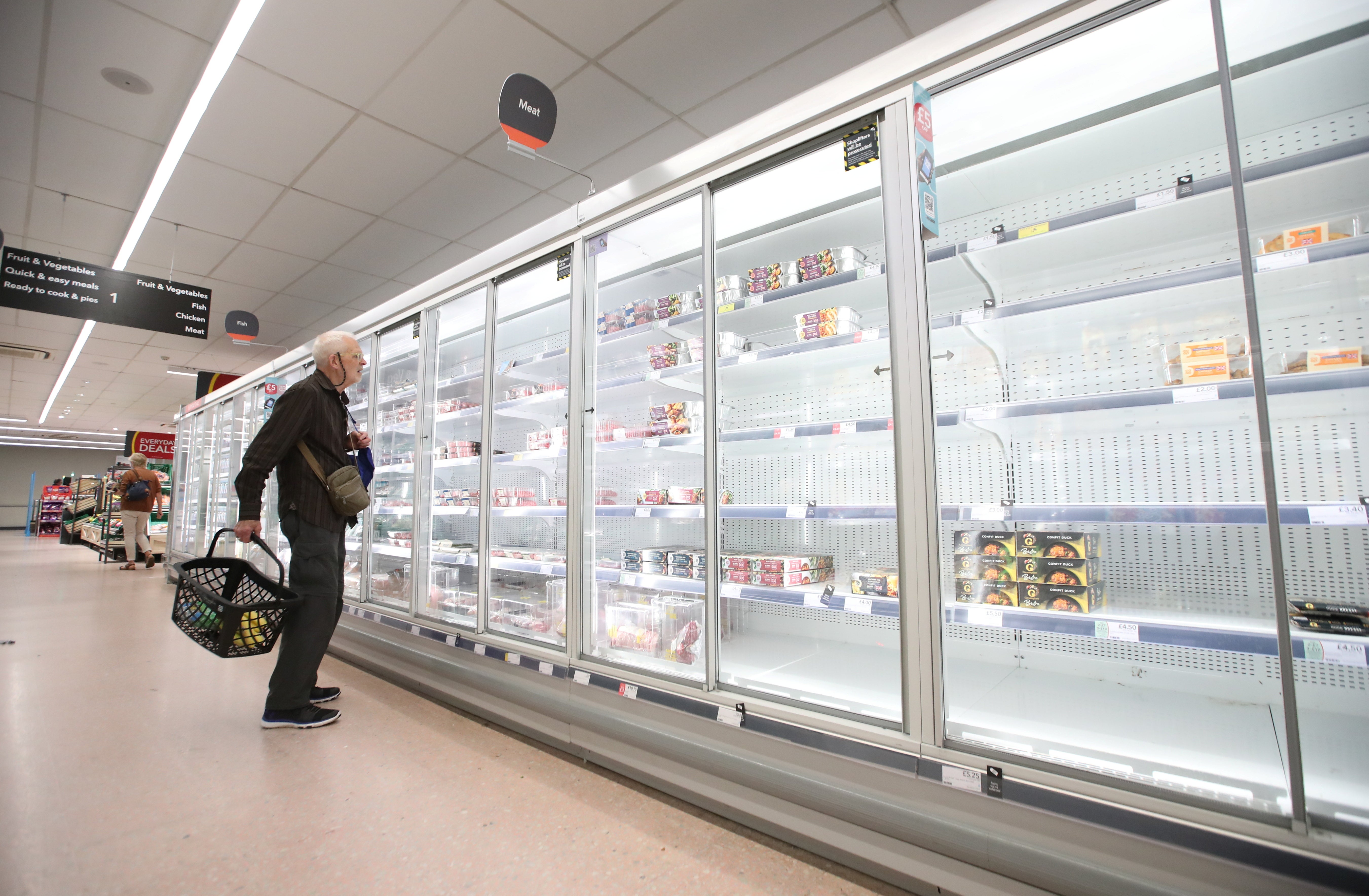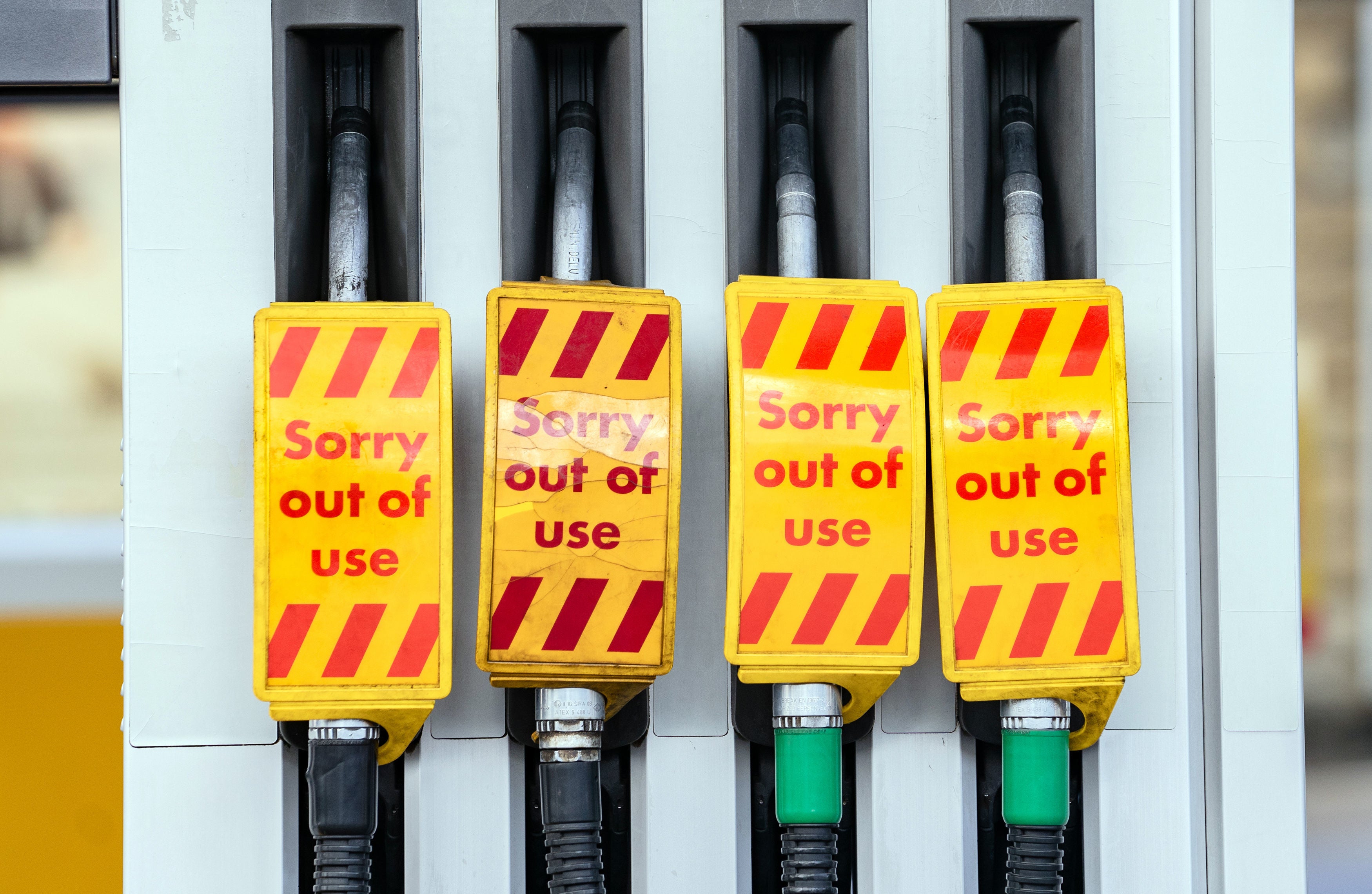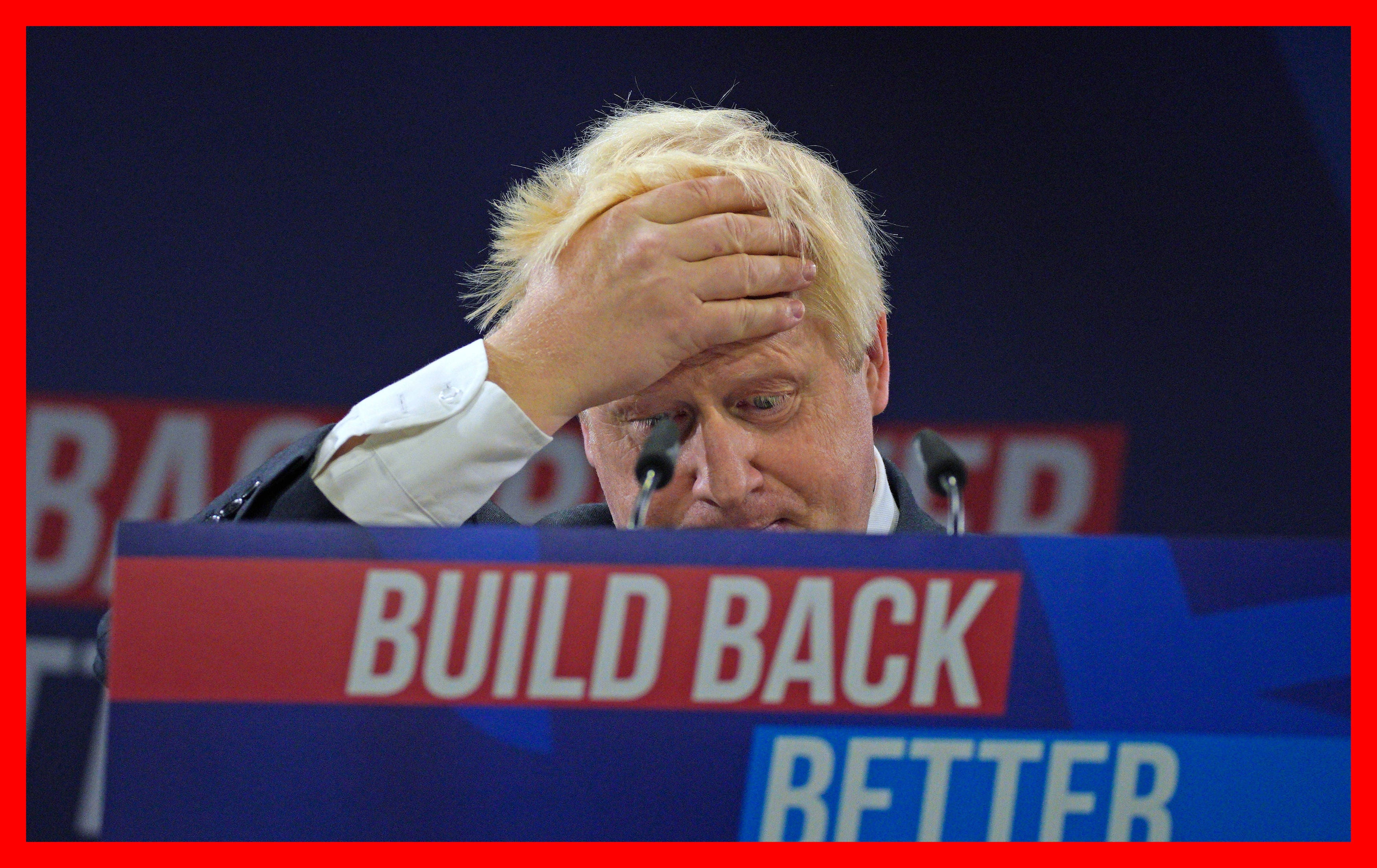You are on your own: Why exasperated Europe is happy to let Britain deal with its Brexit mess
As Britain struggles with shortages, many Europeans are moving on from the dramas of Brexit, reports International Correspondent Borzou Daragahi


Your support helps us to tell the story
From reproductive rights to climate change to Big Tech, The Independent is on the ground when the story is developing. Whether it's investigating the financials of Elon Musk's pro-Trump PAC or producing our latest documentary, 'The A Word', which shines a light on the American women fighting for reproductive rights, we know how important it is to parse out the facts from the messaging.
At such a critical moment in US history, we need reporters on the ground. Your donation allows us to keep sending journalists to speak to both sides of the story.
The Independent is trusted by Americans across the entire political spectrum. And unlike many other quality news outlets, we choose not to lock Americans out of our reporting and analysis with paywalls. We believe quality journalism should be available to everyone, paid for by those who can afford it.
Your support makes all the difference.Covid rules began to ease, and the chatty dinner-party circuit within the Brussels elite began sprouting back to life. Over the finest wines and hors d’oeuvres, the diplomats, power brokers and lobbyists talked about everything – everything, that is, except for the one subject that had been at the top of the city’s agenda for years, but now was barely discussed: the United Kingdom, which has set off on its own perilous path in the aftermath of a Brexit that is causing food and fuel shortages.
“The Europeans are moving on,” says Rosa Balfour, Brussels-based Europe director of the Carnegie Endowment for International Peace. “The curiosity towards British politics that grew around the referendum and in the years after is now beginning to wane. The UK is not high on the agenda.”
While studied insouciance may be the dominant European attitude towards the UK and its current troubles, there is also a measure of schadenfreude – a sense that the idea that the Brits made a mistake in opting to leave the European Union has been vindicated.
Newspapers such as Le Monde feature stories of the armed forces moving in to deliver supplies, and of soaring fuel prices and depleted supermarket stocks caused by global supply slowdowns and acute problems getting lorries into the UK. But on television, and in public chatter, far less attention is afforded to the troubles across the English Channel than, say, to the protests about police violence in the United States last year.
“A lot of Europeans took Brexit in a rough way,” says Michael Burda, an economist at Berlin’s Humboldt University. “A lot of Europeans had to move back to the continent after Brexit. They feel like, if you’re going to be like that, then to hell with you. You asked for it, and you got it.”
Burda predicted years ago that Brexit would lead to supply shortages and price spikes like the ones now afflicting the UK. But they came far quicker than he thought they would. “They’re paying the price now,” he says. “Any economist could have seen it coming.”

Burda says it will get worse, and others agree. The chief of German hardware firm Sortimo, Reinhold Braun, explained in an interview with the business journal WirtschaftsWoche that while it used to take his company a week to get components to its plant in northern England, it now takes up to three weeks, and that transport costs have jumped to three or four times what they were.
“The customer in England will pay for that soon,” Braun told the news outlet.
Burda says he’s now wondering if the same fate will befall medicines, with supply problems caused by a lack of trucking capacity creating health problems for Britons.
Eight months after Brexit, European antipathy and apathy towards Britain shows little sign of abating. The negative tone has affected small lorry firms and drivers, who are shying away from working in the UK. The tightening of rules on the movement of EU nationals, such as the Bulgarians and Romanians who dominate the lower ranks of the lorry industry, have made it even less attractive.
“During Covid, many of them left the UK and didn’t come back afterwards,” says Georgina Wright, director of the Europe programme at the Institut Montaigne, a Paris think tank. “The lorry drivers are saying, ‘I don’t want to go back. I don’t feel welcome.’”
The government of prime minister Boris Johnson claims that similar supply problems are affecting other nations, and there is perhaps a small sliver of truth to that. Slowdowns in production and transport, caused by the Covid pandemic, have contributed to shortages of items such as semiconductors and bicycles.
A lot of Europeans had to move back to the continent after Brexit. They feel like, if you’re going to be like that, then to hell with you. You asked for it, and you got it
But there is no sign in Paris, Berlin or Rome of people scouring grocery stores for supplies, lining up at petrol stations for hours, or worrying about obtaining poultry for holiday dinners. Freedom of movement and integrated supply chains within the 27-member bloc of nations – totalling 450 million people – have blunted the impact of Covid-related disruptions.
The contrast between how Britain and the EU are weathering current shortages has only strengthened the EU’s contention that there is strength in numbers and scale. Just after Brexit, there was talk of other countries clamouring to unshackle themselves from the Eurocrats in Brussels. Now it’s Brussels pressuring countries like Hungary and Poland to improve their standards on human rights and the rule of law, or get out.
“The British government has been driven exclusively by the need to demonstrate that Brexit is a success story,” says Balfour. “The pandemic has helped it, because public attention was focused elsewhere and supply chains were disrupted.”
Less than a year after Brexit, relations between European capitals and London are also at a fairly low point, say experts.

Wright, a UK national, describes a post-Brexit “period of mourning” as London and European capitals wait for the dust to settle from a painful divorce and begin rebuilding relations.
France remains outraged over the Aukus alliance between the UK, US and Australia, which scuttled Paris’s scheme to sell Canberra submarines. Germany remains offended by the idea that its growing political and economic clout drove the UK out of the EU.
When Europeans turn their gaze towards Britain, they are confused by the triumphalist tone of its leadership, and by the assumption in London that it’s somehow still a major world power.
“Many Europeans look at what is happening in the UK and they don’t understand,” says Wright. “They see a government talking about a new dawn. But when they look at the facts, they see empty shelves.”



Join our commenting forum
Join thought-provoking conversations, follow other Independent readers and see their replies
Comments